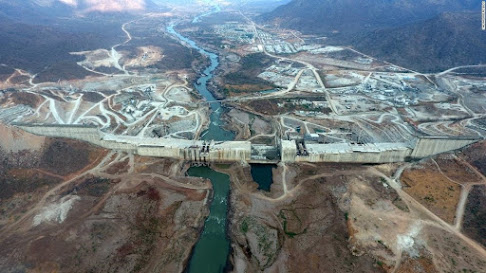Political legacies in Climate Change
In this segment I wanted to explore a slightly newer and very debatable topic, climate-induced hydrpolitical events and answer the question: what is the future for both internal and external water conflict when the world’s most precious resource is becoming scarcer under climate forces? The effect of climate change on water abundance and quality is very much noted in current academic literature, its affects are widespread, rippling and paramount affecting the water cycle in its entirety. Current hydrological models demonstrate three key findings and projections which directly or indirectly support the idea of climate-induced hydrpolitical events or wars; the variability of terrestrial water budgets, the intensification of the water cycle from regional to global scales and an upward trend in global annual evapotranspiration (Tang et al. 2016), there is much consensus within the scientific community that the validity of the “dry gets drier, wet gets wetter” pattern is prone to consider...

